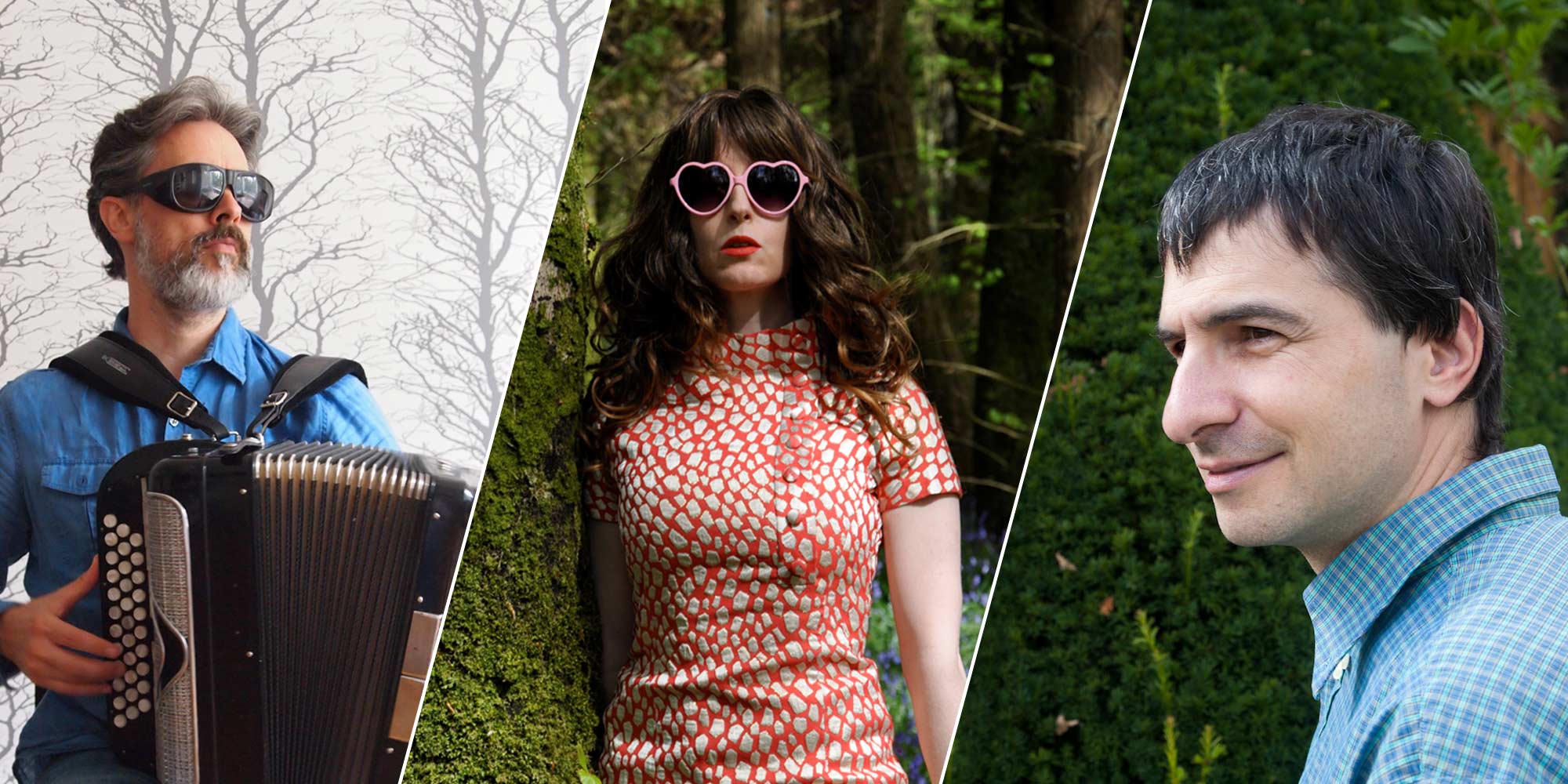Panel
This discussion will focus on aspects of working with AI as artists, and also wider aspects about implications of the technology.
After introductory remarks from each panel member, we will discuss how AI can help and hinder human creativity. How can AI be used in makeing music? Should AI be used for makeing music? Should music made with AI carry a warning label? To what degree is AI just a marketing tool? What has AI brought to your own creative practices? What do you see as some ethical issues involving AI in music creation? What potential threats does AI hold for music (musicians & listeners)? How could we reduce these risks?
Speakers:
Jennifer Walshe, Hochschule für Musik und Darstellende Kunst, Stuttgart (DE)
Oded Ben-Tal, Kingston University (UK)
Robert Rowe, New York University (US)
Shelly Knotts, Durham University (UK)
Artemi-Maria Gioti, University of Music and Performing Arts of Vienna (AT)
Moderator/Facilitator:
Bob L. T. Sturm, KTH Stockholm (SE)
Video
Biographies

Jennifer Walshe, Hochschule für Musik und Darstellende Kunst, Stuttgart (DE)
“The most original compositional voice to emerge from Ireland in the past 20 years” (The Irish Times) and “Wild girl of Darmstadt” (Frankfurter Rundschau), composer and performer Jennifer Walshe was born in Dublin, Ireland. Her music has been commissioned, broadcast and performed all over the world. She has been the recipient of fellowships and prizes from the Foundation for Contemporary Arts, New York; the DAAD Berliner Künstlerprogramm, the Internationales Musikinstitut, Darmstadt and Akademie Schloss Solitude among others. Recent projects include Aisteach, a fictional history of avant-garde music in Ireland; EVERYTHING IS IMPORTANT, a work for voice, string quartet and film commissioned by the Arditti Quartet; and TIME TIME TIME, an opera written in collaboration with the philosopher Timothy Morton, which has been touring to critical acclaim. ALL THE MANY PEOPLS, her second solo album, was released on Migro Records in May 2019. Walshe is currently Professor of Experimental Performance at the Hochschule für Musik und Darstellende Kunst, Stuttgart.
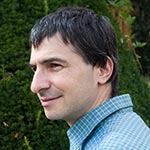
Oded Ben-Tal, Kingston University (UK)
Oded Ben-Tal is a composer and researcher working at the intersection of music, computing, and cognition. His compositions include both acoustic pieces, works combining instruments with electronics and multimedia work. Since 2016 he is working on a multidisiplinary research project applying state of the art machine learning to music composition. He is a senior lecturer at the Performing Arts Department, Kingston University where he teaches composition, electronic music, and Music Psychology.
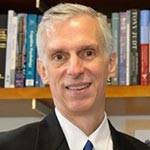
Robert Rowe, New York University (US)
Robert Rowe received degrees in music history & theory (B.M. Wisconsin 1976), composition (M.A. Iowa 1978), and music & cognition (Ph.D. MIT 1991). From 1978 to 1987 he lived and worked in Europe, associated with the Institute of Sonology in Utrecht, the Royal Conservatory in the Hague, the ASKO Ensemble of Amsterdam, and with IRCAM in Paris, where he developed control level software for the 4X machine. In 1990 his composition Flood Gate won first prize in the “live electroacoustic” category of the Bourges International Electroacoustic Music Competition. In 1991 he became the first composer to complete the Ph.D. in Music and Cognition at the MIT Media Laboratory and is currently Professor of Music Technology in the Department of Music & Performing Arts Professions at New York University.
His music is performed throughout North America, Europe, and Japan and is available on compact discs from Urlicht, Innova, Bridge, New World, Roméo, Quindecim, Harmonia Mundi, and the International Computer Music Association, and his book/CD-ROM projects Interactive Music Systems (1993) and Machine Musicianship (2001) are available from the MIT Press.
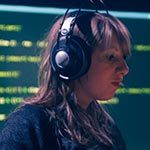
Shelly Knotts, Durham University (UK)
Shelly Knotts is an improviser who performs with computers and other humans. Interests in code, data and networks have lead her down strange and diverse musical paths from electroacoustic composition, through jazz and noise music to algorave. She experiments with generative and AI techniques and opinionated algorithms to make music. She has performed at numerous Algoraves and other live coding events worldwide, solo and with collaborative projects including algo-pop duo ALGOBABEZ. In 2017 she was a winner of BBC Radiophonic Workshop and PRSF ‘The Oram Awards’ for innovation in sound and music. By day she is a researcher at Durham University working on the research project ‘Musically Intelligent Machines Interacting Creatively’.
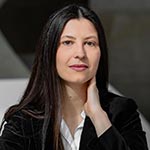
Artemi-Maria Gioti, University of Music and Performing Arts of Vienna (AT)
Artemi – Maria Gioti is a composer, performer and researcher working across the disciplinary boundaries between art, science and technology. Her research interests include computational intelligence, musical robotics, sonification, as well as collaborative and participatory sound art. She studied Composition at the University of Macedonia (Greece), Electroacoustic Composition at the University of Music and performing Arts of Vienna (teacher: K. Essl), and Composition – Computer Music at the University of Music and Performing Arts of Graz (teacher: G. Eckel). She is currently pursuing her doctoral degree at the same university.
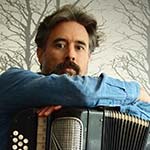
Bob L. T. Sturm, KTH Stockholm (SE)
Sturm is the PI of the ERC Consolidator Grant “MUSAiC – Music at the Frontiers of Artificial Creativity and Criticism” (ERC-2019-COG No. 864189). He is currently an Associate Professor of Computer Science at KTH. Before that he was a Lecturer in Digital Media at the Centre for Digital Music, School of Electronic Engineering and Computer Science, Queen Mary University of London. He received a PhD in Electrical and Computer Engineering in 2009 from the University of California, Santa Barbara.
